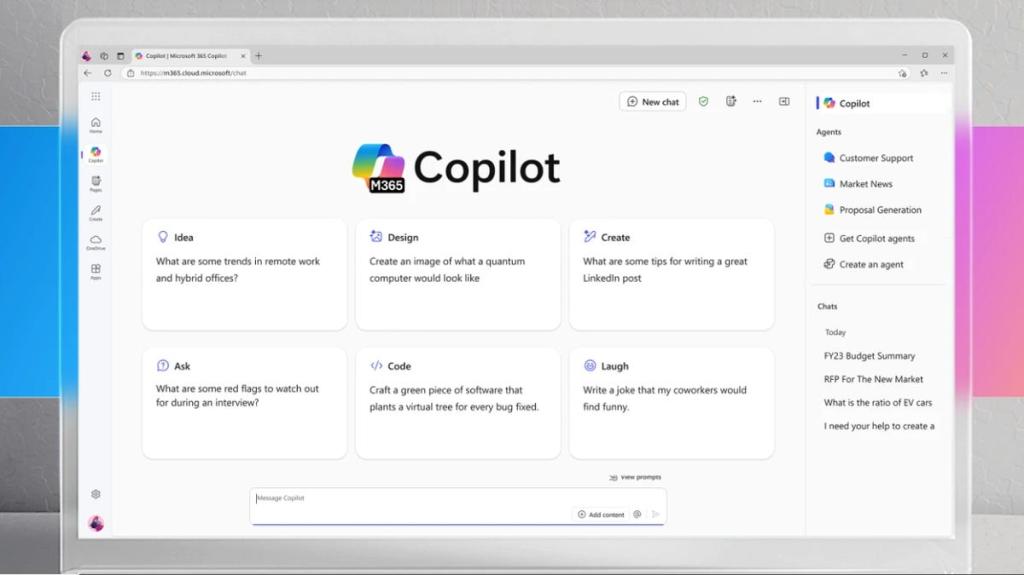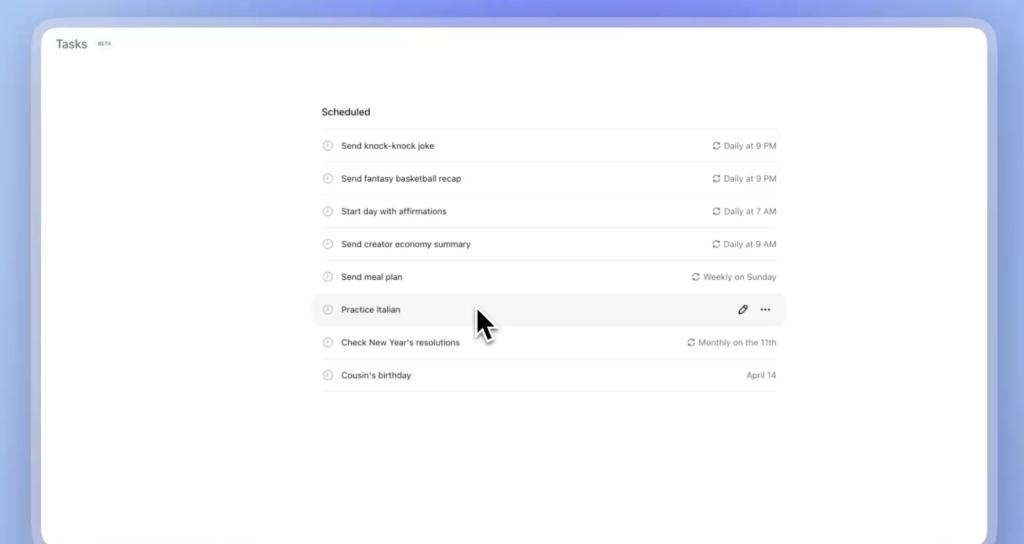TikTok's Shift to AI and Workforce Reductions Impact Explained
Discover how TikTok's shift to AI-driven content moderation is reshaping its workforce and setting new industry standards in safety and efficiency.

Key Points
- TikTok
is implementing significant workforce reductions globally as it shifts to AI-assisted content moderation to enhance efficiency and safety.
- The company plans to invest US$2 billion in trust and safety measures, aiming for 80% of violative content to be removed by automated technologies.
- As tech firms face increasing regulatory pressure, the balance between AI and human moderation is vital for addressing complex online content issues.
In an era where technology continuously reshapes industries, TikTok, the renowned social media platform, is making headlines with significant workforce reductions as it pivots towards AI-driven content moderation. This strategic move by parent company
impacts hundreds of employees across the globe, particularly in Malaysia, as the company seeks to enhance moderation efficiency through automation.
Understanding TikTok's Shift
TikTok has recently announced that it will be laying off several hundred employees worldwide, with less than 500 positions impacted in Malaysia alone. As the company embraces AI technologies, the deployment of automated systems in content moderation has accelerated. A spokesperson from TikTok stated, "We expect to invest US$2 billion globally in trust and safety in 2024 alone", underscoring the company's commitment to improving the efficacy of its content moderation systems. Currently, approximately 80% of violating content is being removed through automated technologies.

Employee Implications and Industry Trends
The layoffs primarily affect employees in TikTok's content moderation divisions. These individuals have played a critical role in ensuring compliance with platform guidelines, but the company is now leveraging AI to handle a substantial portion of these tasks. The decision to reduce human moderators reflects a broader trend in the tech industry, where platforms like
and
have also turned towards automation to enhance operational efficiency.
This shift inevitably raises questions about job security within the tech sector. In addition to the Malaysian cuts, TikTok has already laid off 450 employees in its Indonesian unit earlier this year as part of regional consolidation efforts. Such moves showcase a need for tech companies to adapt to the changing landscape of social media regulations and user expectations.

Regulatory Pressures and Content Moderation Challenges
The context surrounding TikTok's layoffs includes increasing regulatory scrutiny across various markets. In Malaysia, for example, the government has requested that social media platforms apply for operational licenses in response to a rise in harmful content. TikTok's challenges are compounded by such regulations, which require firm compliance to ensure user safety. As a result, companies are increasingly investing in advanced technologies to address these concerns while managing costs.
As noted by Harris Zainul, a deputy director at a local think tank, “While the progress in AI for social media moderation is commendable, it is vital to maintain high safety standards much like those in regulated sectors such as pharmaceuticals and energy.” This insight emphasizes a critical consideration—whether automated systems can adequately safeguard users against the complexities of harmful online interactions.

Looking Ahead: The Future of Moderation
As TikTok and similar platforms evolve, the balance between automation and human oversight will be crucial. While AI can process data at unmatched speeds, there remain inherent limitations in interpreting context or culture, integral to moderating sensitive content effectively. This is where human moderators become invaluable, providing insight that machines currently cannot replicate.
Despite current challenges, the ongoing investments in AI signify that platforms are keen on evolving their capabilities to meet the demands of both users and regulatory bodies. As TikTok embarks on this transformative journey, it not only reshapes its operational model but also sets the stage for a new industry standard in content moderation.
In summary, TikTok's move towards automating content moderation through AI aligns with broader industry trends aimed at enhancing operational efficiency while navigating regulatory landscapes. The implications for its workforce highlight the challenges faced not only by TikTok but also by the entire tech industry as it strives to balance innovation with user safety and job security.


